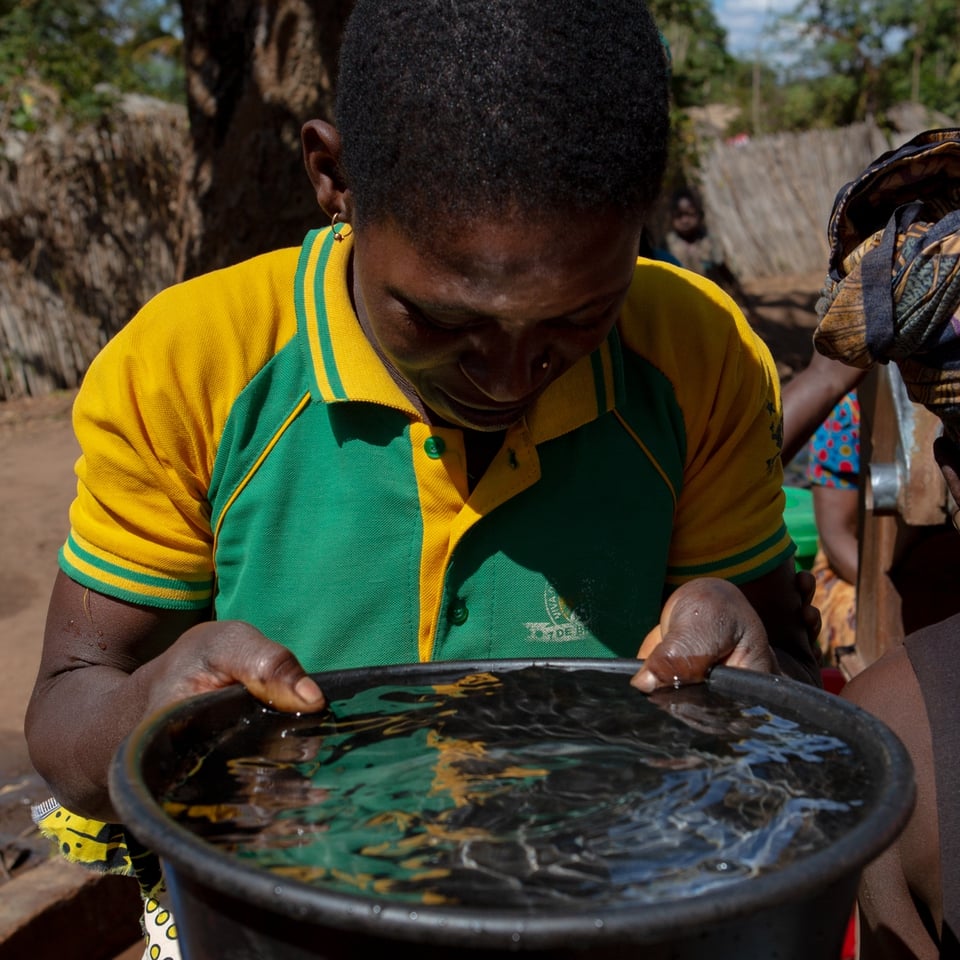In these days of drawing up New Year's resolutions, I would like to draw the attention back to our relationship with Africa. It is a recurring theme that periodically reappears due to various emergencies, notably related to migratory flows that trigger opposite reactions – ranging from "let's help them" to "let's send them back"- but then disappears again, buried by the latest news, reverting to being just a subject for a few specialists.
In these alternating phases, we have read about ideas of a new Marshall plan and a Mattei plan for Africa, along with calls for new funds: all of them are interesting proposals, because they trigger the reflection on how to set up a new relationship between us and African countries, to which we are closer and more connected than we perceive. And they force us to focus on how risky and misleading the visions of Africa as a homogeneous whole in need of saviors from the North truly are.
The Africa we know, thanks to the concrete experience from hundreds of development projects in collaboration with dozens of local civil society organizations and institutions, appears as a patchwork of different countries, seeking reliable and responsive partners - not saviors, let alone colonists - capable of innovative solutions. Significant funds for Africa are already available or have been promised (the EU has allocated 150 billion euros with its Global Gateway strategy, Biden has pledged 55 billion dollars), but they need to be made accessible to those who are most capable of spending them well, to the protagonists of the dynamic African reality that has so much to teach and share.
Just a few examples: innovative companies are growing exponentially and attracting increasing investments that reached $5 billion in 2021. While six years ago Africa did not have a single "unicorn company", today it has about 7 startups that exceed $1 billion in value, there are more than 150 investment funds active on the continent, and an ecosystem of more than 600 incubators that is growing year by year.
Certainly, this effervescence needs physical and institutional infrastructure and services that in part do not yet exist, and this is where interaction can take place. But together, as equals: Africans are probably best positioned to identify pathways to sustainable development with whomever in Europe and Asia (and we would rather it be Europe) demonstrates to have the best expertise.
Unexpectedly, Africa has proven to be more capable of responding to recent global economic shocks than other areas of the world. The sub-Saharan area has certainly suffered the impact of COVID, but will grow at a rate of 3.8 percent in 2023. By 2030, combined consumer and business spending is expected to hit $6.7 trillion, reinforced by the rise of a middle class and the integration process of the African Continental Free Trade Area. The world's youngest continent is set to have 2.3 billion inhabitants in 30 years, with a population growth rate of 2.7 percent per year, compared to 1.2 percent in Asia and 0.9 percent in Latin America. Projected life expectancy is rising steadily, from 61 years today to 68 in 2040. By 2050, more than one quarter of the world's population will be African, and demographic growth will lead to an increased demand for public services and infrastructure.
These are trends that neither hide nor erase the hunger, poverty, ongoing conflicts, terrorism, undemocratic regimes, and lack of access to quality education that still affect too many people in African countries and are the reason why so many development cooperation organizations are active on the ground. But just as it is necessary to measure such needs and inequalities, in the same vein, we ought to open our eyes to all the phenomena that tend to be overlooked.
New and fruitful relationships between us and Africa can be built, building on a comprehensive understanding of these factors and based on a multi-stakeholder approach, which calls into play all the actors involved in the challenge of development: there is ample room for experimentation and innovation, for example in the area of social and sustainable economy, and this is what we hope that all the new plans that we would like to launch in the new year will do.
Civil society organizations that engage in development cooperation, and which are generically called "NGOs," turning them into an indistinct mix that is either referred to as “the good guys” or pushed into the corner of the bad guys – can and will make their contribution.




